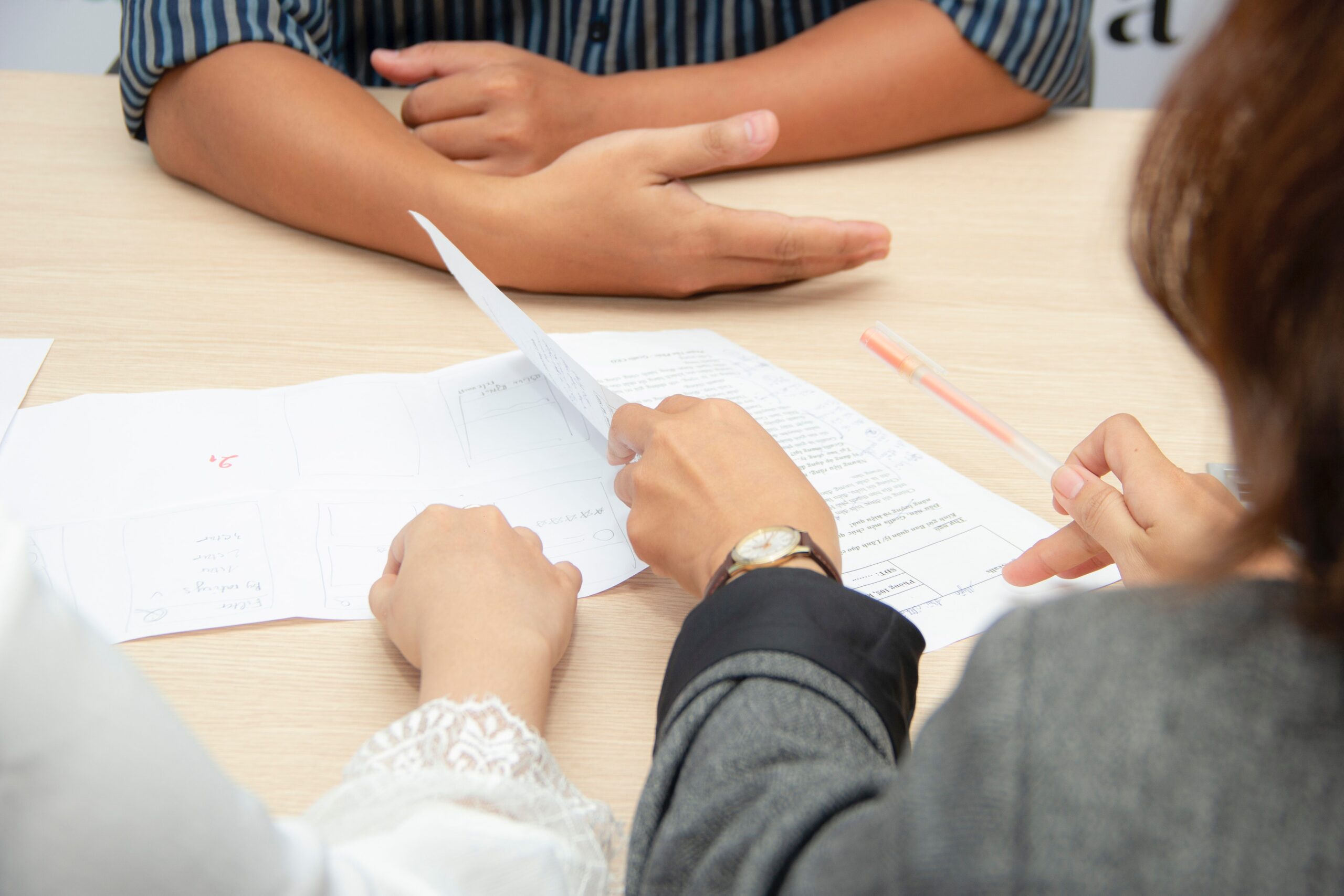Effective Ways to Improve Study Habits for Your Kids

Effective Ways to Improve Study Habits for Your Kids
When a child has good mental health, they are able to think clearly, make friends, and learn at school new things. They also develop self-confidence, build self-esteem, learn to set goals, practice making decisions, manage coping skills, cope with difficult emotions, and develop a healthy emotional outlook on life.
Parents play a crucial role in fostering good mental health, seeking support when it’s needed, and guiding their kids to develop better study habits.
How to help your child develop study skills?
Encourage Active Reading
Active reading enhances learning and recall by engaging brains in multiple ways. When your kids read class notes or handouts, teach them to underline, circle or highlight most important key words and phrases and then review those passages after finishing the chapter.
Write it Down
If your kids want information to stick, writing it down is the way to go. Encourage them to write down main points, key words and the most important ideas on a separate sheet of paper. The more they can phrase these definitions and concepts in their own words, the better.
Schedule breaks
For some kids, scheduled breaks are a lifesaver when they’re studying. Using a timer, set a reasonable amount of time for your children to focus on their homework and then five them a break!
Check how children are doing
Parents should take time to check how children are doing as well as their performance. Remember that children may have difficulty concentrating at first or may need more time to get back into the routine of learning.
Help your child learn to identify distractions
Establish a study area with your child. At home, hearing siblings or friends play might make it hard to concentrate. For that, find an appropriate and calm place at home where your child can study well.

Exercise
When your children exercise their bodies, they are also exercising their minds. Being active regularly can help sharpen a child’s focus and memory, allowing him/her to become more attentive in the classroom and better recall the subject.
Monitor Technology Use
Too much screen time can impact children’s social development and lead to social anxiety and create adverse effects on sleep habits and attention span. Children need a variety of online and offline experiences, including opportunities to let their minds wander.
Keep track of your child’s strengths
Kids don’t always see their own strengths, especially if they’re having a hard time while doing a homework or studying for an exam. But focusing on strengths can help give them confidence.
Work with your child’s challenges
Understanding their challenges can help them find ways to adapt during study time.
Help your child brainstorm solutions. For example, if your child has a hard time sitting still for an extended period, suggest planning for extra time in order to take frequent breaks.
Get Outside Help
While every child experiences emotional ups and downs, may need to see a healthcare provider or a mental health professional.
With proper treatment and intervention, they will learn to care for their mental well-being. Meet Dr. Carla Kesrouani, mind health expert that can help you with exam preparation, reading & study skills for your children.

